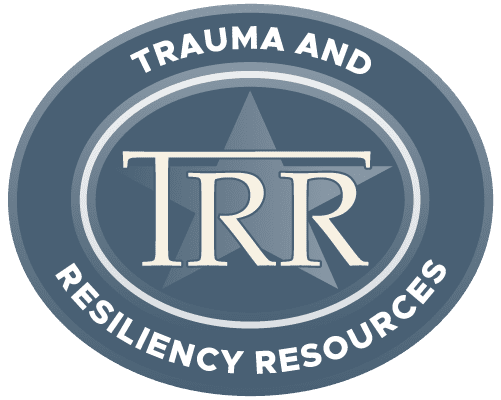Why Horses
In recent years there has been an explosion of interest in horses. We can see this in television and magazine ads selling everything from clothing to perfume, to medications, in the return of the play, Equus, originally staged in 1973, in the growth of therapeutic riding facilities and, now, equine assisted psychotherapy. This renewal may, in part, be a social response to the film, The Horse Whisperer, in which Director Robert Redford’s sensitive portrayal of the relationship between a traumatized horse and a traumatized young girl captured the hearts and the imaginations of so many people, especially psychotherapists. Whatever the reason, it seems that the horse, in all its manifestations, is emerging as a pivotal image.
Given their elusive spirit, their physical power and their great beauty horses elicit in us a primal desire to associate with their species. It may be because, as predators, we humans have an innate need to be reacquainted with our opposite natures – our more passive sides. Horses are prey animals. They have a tendency to submit, whether due to brutal pressure or compassionate leadership. And because of this inherent duality between predator and prey, our proximity to horses seems to open us to be softer, quieter and more present not only with them, but with ourselves.
The nature of prey animals is to be acutely aware of their environment at all times. This capacity to notice and respond instinctively to subtle shifts in their surroundings means that horses are often in a state of hyper arousal, not unlike human trauma survivors. For horses, this heightened awareness and hypersensitivity assures both their individual survival and the survival of the herd. They possess an inexplicable and limitless capacity for nuance and an unusual and often unrecognized ability to display emotional resonance, not only with other horses, but also with humans.
Some of us have begun to use the horse’s instinctive “horse sense” and are now integrating them as partners in the therapeutic process with our clients. Observing their behavior with therapy clients gives a “window into the soul” of the client in ways the client often is unable to articulate. Horses in therapy sessions bear witness to whatever is present to them. And they respond. Moving about freely in an open pen, they often choose to engage in ways that are intuitively helpful. They give us feedback through body language, mirroring what they understand about the client’s deepest feelings and intentions. This mirroring can be almost imperceptible to the untrained eye. Except, now we are working closely with horse professionals who do have trained eyes.
Through their eyes and what they report about what the horses are doing, psychotherapists are able to turn the horse’s behavior into a metaphor for the client. This often far surpasses what is possible in a talk therapy session in the confines of an office. For one thing, the client is moving, which decreases arousal. And no matter what the horse is doing the client cannot help but notice that the horse is remaining attentive to them, is with them on a very profound level. Even if the horse’s behavior towards the client is less than positive, the client is more apt to listen to the horse’s message without shame, embarrassment or defensiveness.
